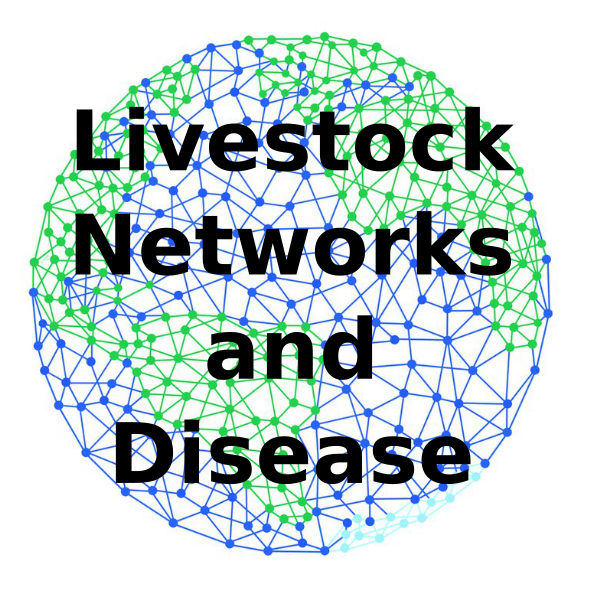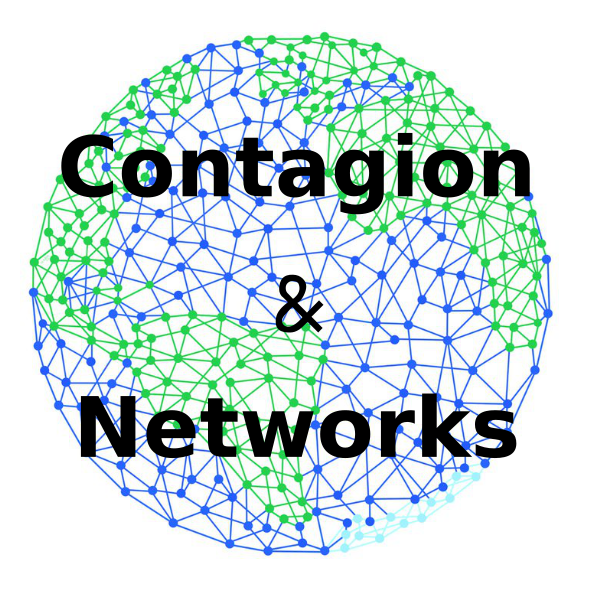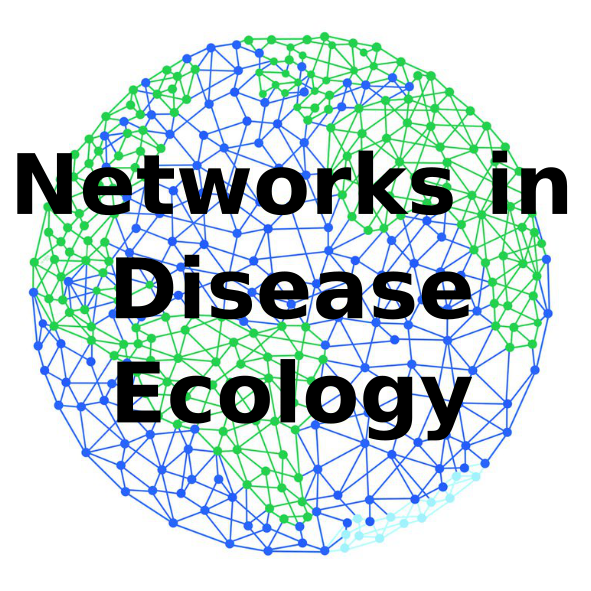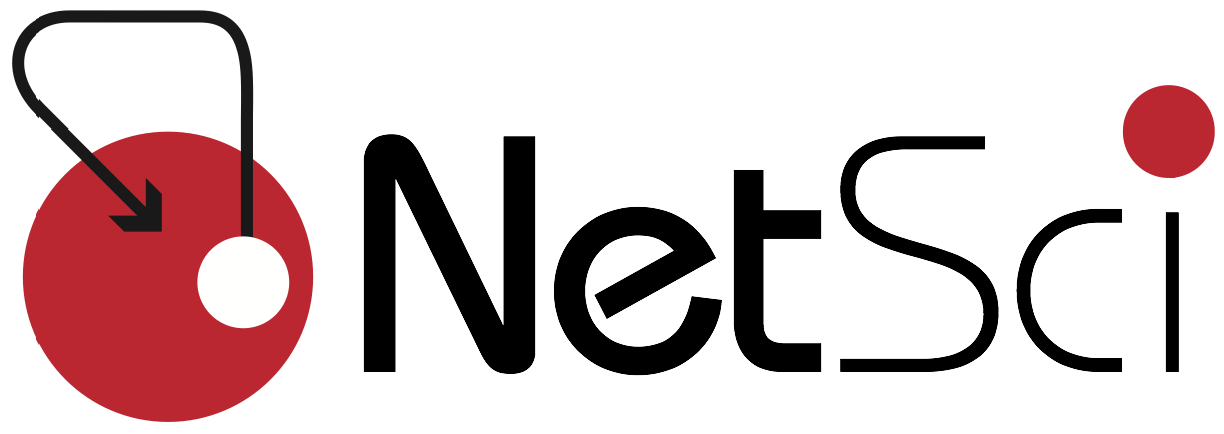About
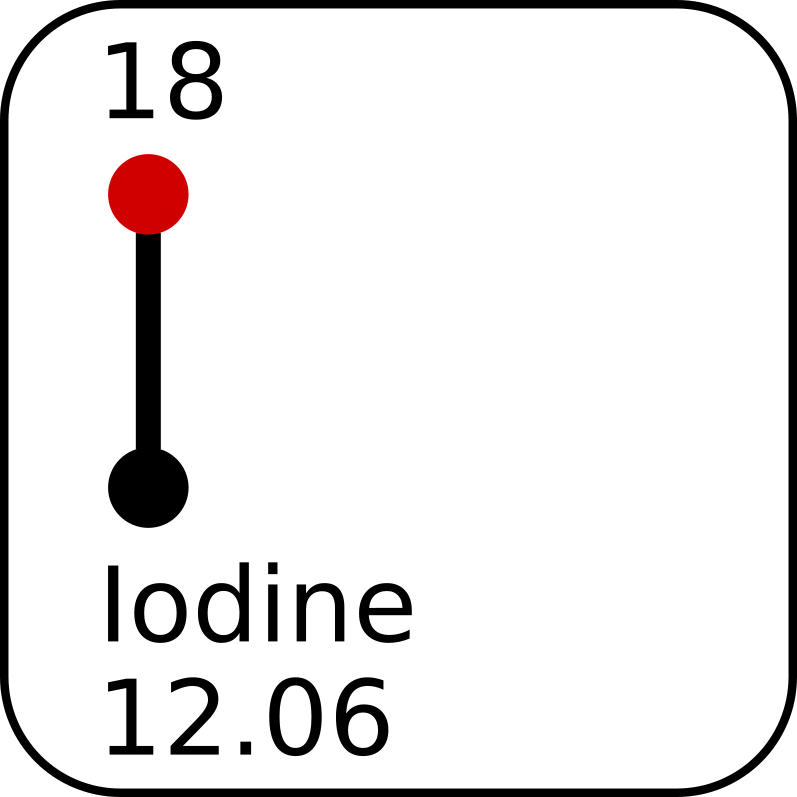
Contact networks between individuals fundamentally shape the course of disease outbreaks, modulating both the risk and speed of outbreak emergence. To understand these risks in a real world population, one must first construct an empirically derived contact network model. However, integrating empirical data with network models of infectious disease spread provides many challenges. Novel data streams and estimation methods offer potential avenues to overcome these challenges, but have brought about new issues, such as balancing big data complexity with simplistic and generalizable disease predictions. Our satellite will focus on these challenges in utilizing empirical data in network epidemiology
Schedule
| Time | Slot | Description |
|---|---|---|
| 14h15 | Introduction | - |
| 14h16 |
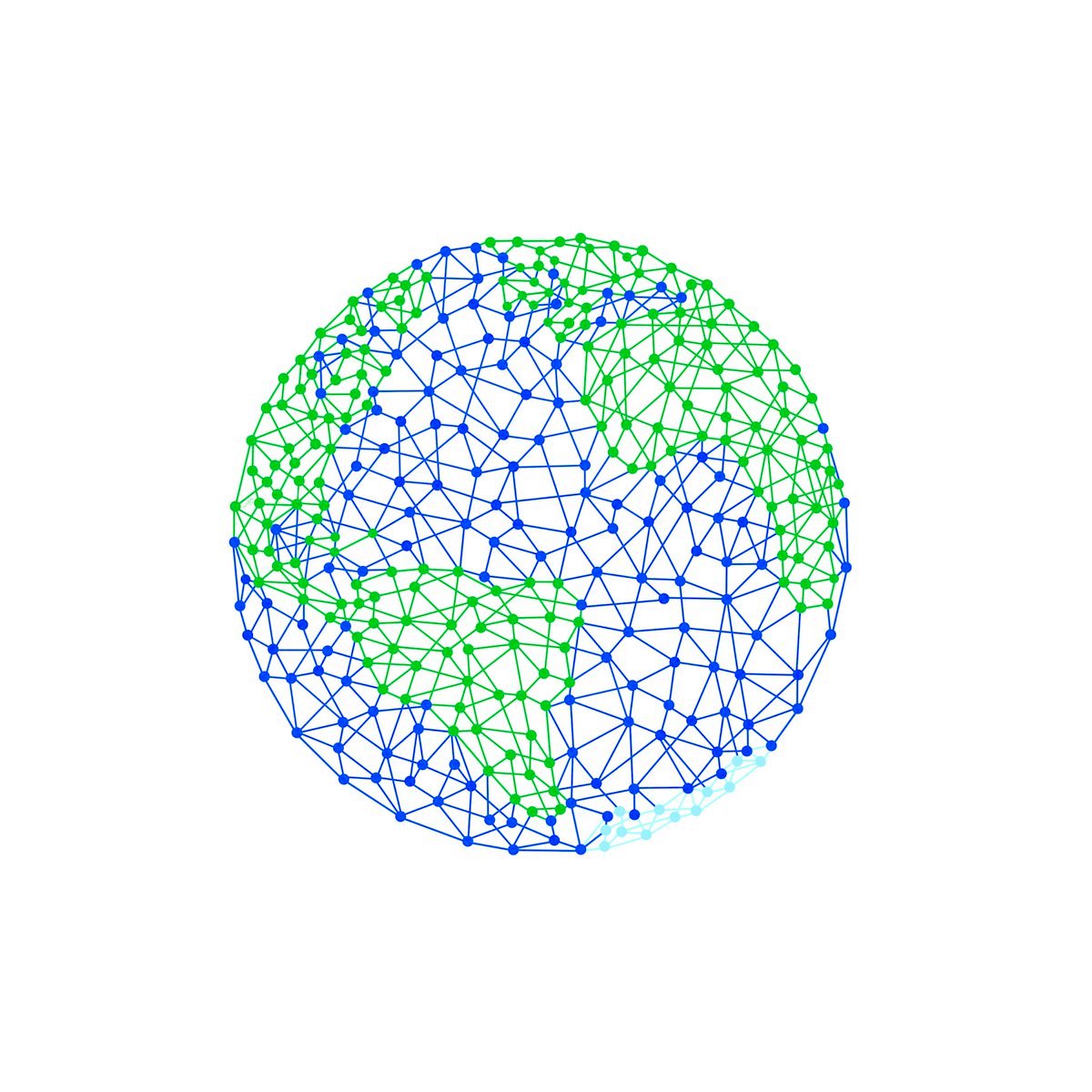 Ewan Colman
Ewan Colman
|
Only time will tell: the things we learn from integrating temporal network data into disease models |
| 14h28 |
 Narimane Nekkab
Narimane Nekkab
|
Assessing the role of a patient transfer network in the spread of carbapenemase-producing Enterobacteriaceae: the case of France between 2012 and 2015 |
| 14h41 |
 Laura Ozella
Laura Ozella
|
Animal social networks relevant to disease transmission among free-roaming dogs in Chad |
| 14h54 |
 Samuel Jenness
Samuel Jenness
|
Validation of Network Data for Dynamic Network Models of HIV/STI Transmission |
| 15h07 |
 Michele Tizzoni
Michele Tizzoni
|
Measuring household contacts in Africa with wearable proximity sensors: recent progresses and challenges |
| 15h20 |
 Trevor Farthing
Trevor Farthing
|
Infected by Friend or Foe? Analyzing Empirical Contact Networks in Feedlot Cattle to Illuminate Effects of Social Structure on Transmission Dynamics |
| 15h27 |
 Grant Rosensteel
Grant Rosensteel
|
Defining an Epidemiological Geography of the United States Using Time Series Similarity Networks |
| 15h34 |
 Kelsey Spence
Kelsey Spence
|
Using longitudinal questionnaire data to create networks of horse movements in Ontario, Canada |
| 15h41 |
 Pietro Coletti
Pietro Coletti
|
Regular school closure & influenza epidemics: a data-driven spatial transmission model for Belgium |
| 15h48 |
 Sophie Meakin
Sophie Meakin
|
Correlations between stochastic epidemics in interacting populations |
| 15h55 |
 Dr. Meggan Craft
Dr. Meggan Craft
|
Infectious disease dynamics on wild animal contact networks |
| 16h20 | Break | |
| 16h45 |
 Dr. Cristina Lanzas
Dr. Cristina Lanzas
|
Dynamic high resolution networks for disease transmission |
| 17h11 |
 Casey Zipfel
Casey Zipfel
|
Infection-induced behavior change: impact on epidemiological prediction & inference |
| 17h24 |
 Rachael M. Milwid
Rachael M. Milwid
|
From network analysis to network models: comparing the epidemiological outcomes from 4 equine facilities in Ontario |
| 17h37 |
 Livio Bioglio
Livio Bioglio
|
Use of face-to-face interactions data for increasing realism in modeling epidemics |
| 17h50 |
 Abigail Jacobs
Abigail Jacobs
|
Geographic variability and diffusion in the opioid epidemic: Putting families in context |
| 18h03 |
 Dr. Simon Frost
Dr. Simon Frost
|
TBA |
Invited Speakers
Timeline
March 16, 2018 (Extended to March 23): Satellite abstract submission deadline
April 02, 2018: Acceptance Notifications
May, 2018: NetSci2018 early Registration deadline
June 12, 2018: Satellite Symposium
Network Epidemiology
Network epidemiology is a rapidly growing network science field. This year at the NetSci there will be 4 complementary half day network epidemiology satellite symposia. The other satellites can be found by following these links:
Organizers
Conference
Contact
Please email any questions or information requests to our email address
